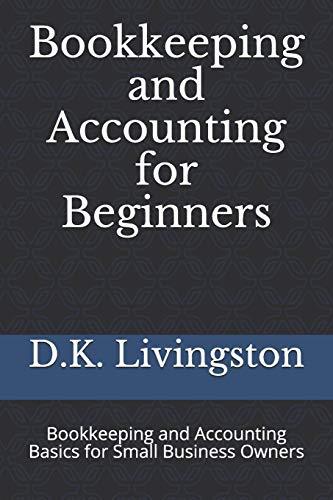This is an in-class exercise that provides students with an opportunity to critically evaluate and discuss the ethical implications of (1) tax policy discussed in class, and (2) issues common to professional practice. To receive an assessment of "meets expectations" and earn extra credit points for this assignment, students must meet the following minimum requirements: Each question in the assignment must be addressed with at least one paragraph in the student's own original writing. Be sure to use proper spelling, grammar, and punctuation. Write your responses in complete sentences. 1. II. Each response must exhibit thoughtful consideration of the ethical issues at stake. a. For instance, the student must identify the desired outcome for the taxpayer or group of taxpayers featured in the question and discuss how this outcome is potentially in conflict with the broader goals of the government and/or an ethical society. b. Alternatively, a student might contrast a known "right way" of handling the situation described in each question with issues of a more practical nature, such as a low perceived likelihood of being caught and/or undergoing an IRS audit. Failure to meet the minimum requirements listed above will result in an assessment of "does not meet expectations." No extra credit will be given for assignments that fail to meet expectations. No partial credit will be awarded for this assignment. This assignment is worth a total of 5 extra credit points. Question 2: Professor Andy Accrual works for a big state university. The state has negotiated a set of special airfares with various airlines for state employees to use when traveling on state business. These fares are lower, and they do not have restrictions on changing dates, cancellations, etc. Andy is aware that the airlines never check to see if he is on state business when he books such a fare. He has decided that he would like to go to Hawaii on short notice for a well-earned vacation. When he checks the web for airfares, he discovers the cheapest fare he can find is for $700 per person. However, the fare for state employees traveling on business to Hawaii is only $400. In your opinion, would it be ethical for Andy to use the special state employee airfare for his vacation? Why? Question 3: Darlene works for Big CPA Firm. When she was being interviewed, Darlene was told by a partner in the firm that she was not supposed to underreport her time spent on various client engagements. However, after working for a few months, she discovered that everyone in her office "eats time" and reports hours that are under budget and less than the actual hours that they worked. Because she is not "eating time" like everyone else, Darlene is always over budget. She is beginning to get a reputation as a "budget buster." As a result, none of the senior tax staff want her on their engagements. She is getting the worst clients and bad reviews from the people with whom she works. It appears that unless she starts "eating time," Darlene's future with the firm may be limited. What potential ethical issues do you see in this situation? What would you recommend that Darlene do








